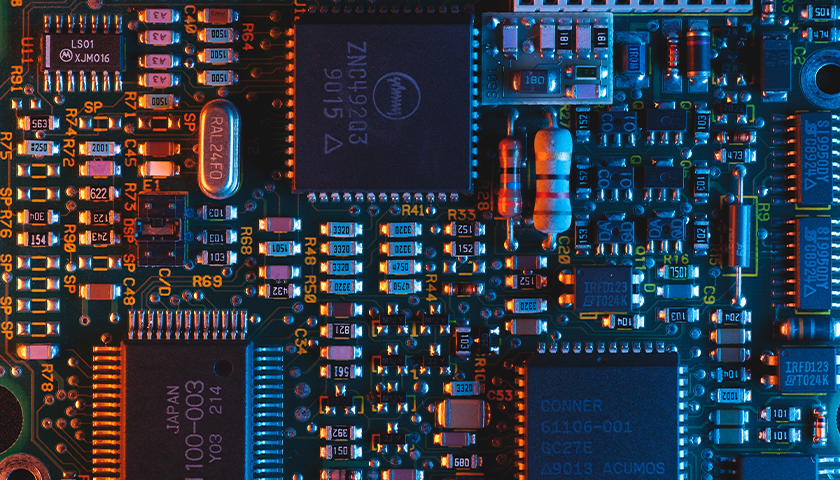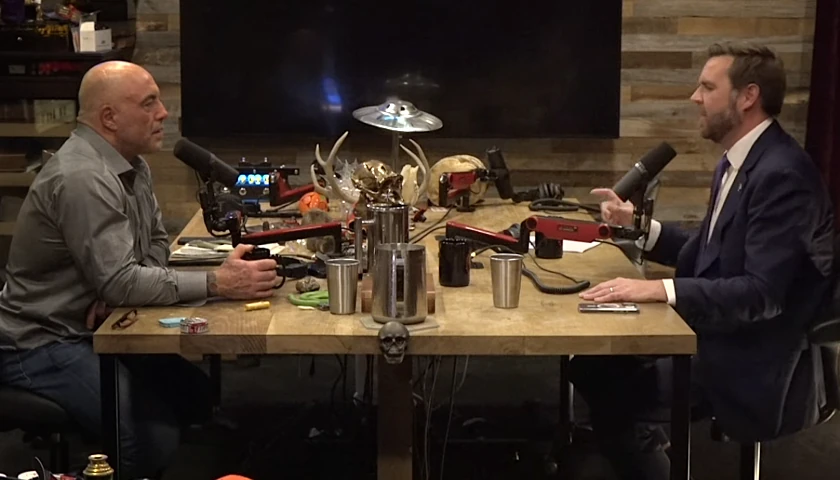by Ailan Evans
The global chip shortage is beginning to impact consumers, driving up prices of smartphones, vehicles and personal electronics as manufacturers struggle to keep up with rising demand.
“We’re seeing 5% to 10% price increases right now,” Glen O’Donnell, vice president and research director at Forrester, told the Daily Caller News Foundation. “They will increase more as this issue drags on.”
Semiconductors, the internal components essential to the functioning of almost every electronic device, have been in short supply since early 2020 due to high consumer demand of mobile electronics cloud services, and other products that require computer chips, according to O’Donnell. The COVID-19 pandemic exacerbated the problem by stalling semiconductor production and disrupting supply chains, with demand for consumer electronics only skyrocketing due to more people working from home.
 Consumers should expect higher prices on computers, mobile electronics and vehicles, consumer electronics industry experts predict.
Consumers should expect higher prices on computers, mobile electronics and vehicles, consumer electronics industry experts predict.
“In the short-term, the global chip shortage will cause chaos for the consumer electronics and automotive industries right through the Q4 Christmas holiday season and into the first half of 2022,” Neil Mawston, Executive Director at Strategy Analytics, told the Daily Caller News Foundation. “Prices are rising and availability is falling.”
The prices of computers, computer accessories, and smart devices jumped 7.7% from March to July and increased 3.7% year-over-year, according to data from the Bureau of Labor and Statistics (BLS). Meanwhile, demand for computers and mobile electronics continues to surge, with sales in the second quarter of 2021 up 13.2% from the second quarter of 2020, according to figures from the International Data Corporation.
“Santa Claus and other gift-bearers will have a tough time delivering all their presents,” Mawston added.
The smartphone industry has begun to feel the effects of the semiconductor shortage as well, with Apple Chief Executive Tim Cook issuing a warning in July that the lack of chip supply could affect iPhone sales for the remainder of 2021, according to CNBC. Consumers should expect to pay 5-10% more for smartphones this winter compared to 2020, Mawston said.
The shortage has also been devastating for vehicle manufacturers, with automakers General Motors and Ford forced to halt production and temporarily close assembly plants in early September due to a lack of semiconductors.
The price of a new vehicle in July increased 6% year-over-year, according to BLS data. Automakers reported 18% less vehicle sales in August compared to July, with 72% less vehicles on their lots compared to August 2019, according to the Associated Press.
“It is clear that automotive makers, like Ford, are really struggling for computer chips. Car prices are going sky-high,” Mawston said. “The next decade will see carmakers building their own chips, or partnering aggressively with third-parties, like TSMC, to close the ‘chip gap.’”
The shortage could also be impacting consumers in less obvious ways, contributing to the rising cost of goods. Goldman Sachs economists predicted in April that the shortage would translate to an inflationary tax that could raise the price of goods as much as 3%.
“These increases are contributing to inflationary pressures already in place on a broad basis,” O’Donnell said. “If inflation gets too far out of hand, we will see the shortage ease a bit because it will stunt the runaway demand.”
While experts predict consumers will have to bear the financial brunt of the shortage in the near term, chip manufacturers have already begun to invest in expanding their fabrication capacity in order to meet rising demand.
“We expect the situation to get worse through 2023, when the supply finally starts to catch up,” O’Donnell said.
Intel announced a massive $95 billion investment in chip fabrication Tuesday that could help alleviate supply problems in the future. TSMC, Samsung and Intel are together investing $75 billion in semiconductor manufacturing in 2021 alone, according to Reuters.
“In the long-term, today’s chip undersupply will be followed by tomorrow’s oversupply,” Mawston said. “Chip makers, like TSMC, are now pouring hundreds of billions of dollars into building new factories to expand capacity.”
– – –
Ailan Evans is a reporter at Daily Caller News Foundation.








